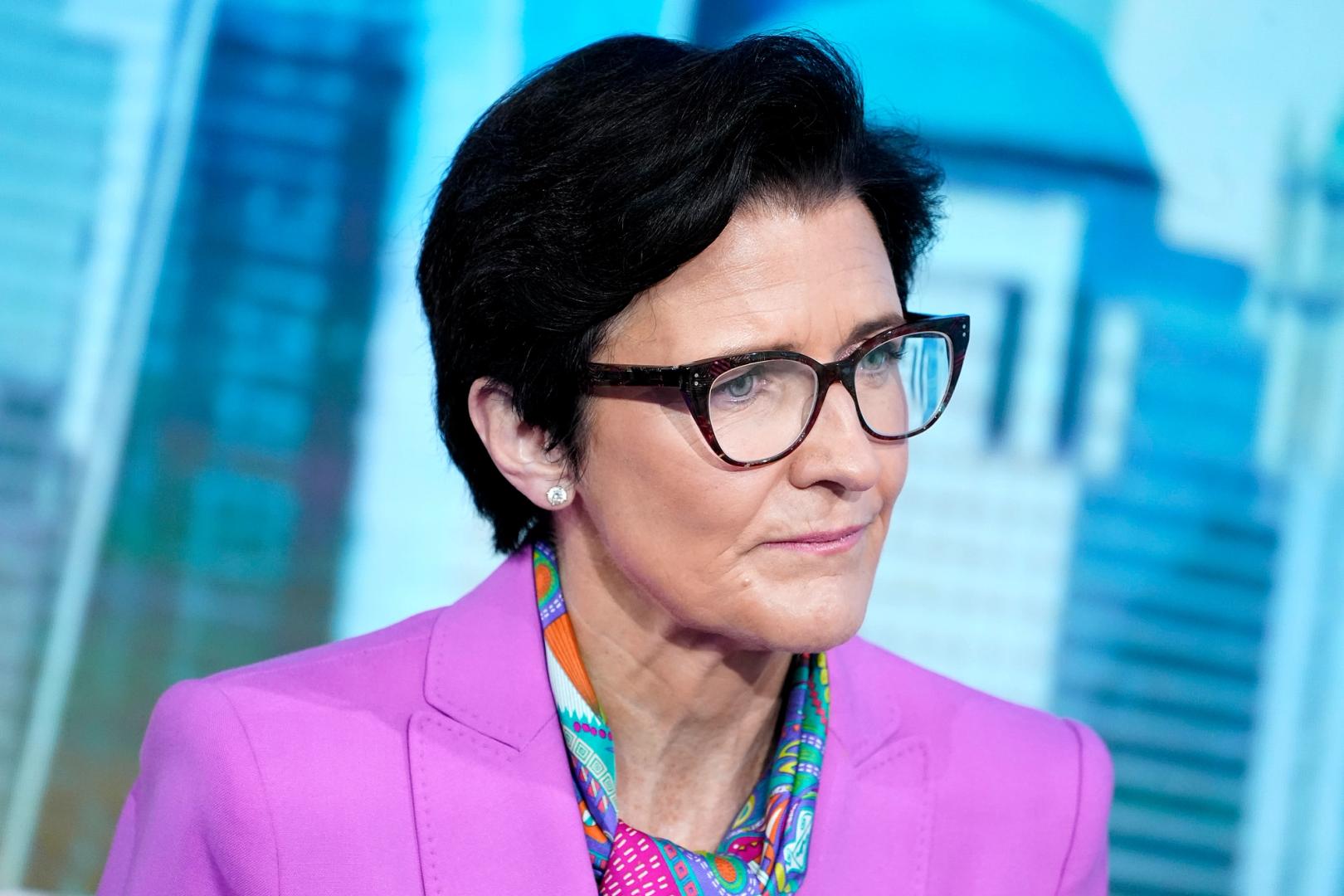
Citigroup (C) CEO Jane Fraser offered a clear stance on the future of digital finance, telling investors that tokenized deposits — not stablecoins — will be the primary engine behind next-generation payments and financial market infrastructure.
Speaking on an investor call following the bank’s third-quarter earnings release on Tuesday, Fraser explained that institutional clients are asking for seamless, real-time cross-border money movement that is low-cost and compliant.
“What our clients want is interoperable, multi-bank, always-on payment solutions provided in a safe and sound manner,” she said. “That is best done by tokenized deposits.”
Citi has invested heavily in digital asset infrastructure, including its own 24/7 U.S. dollar clearing network. Fraser said the bank’s tokenized services can now link to over 250 banks in more than 40 markets, enabling clients to transfer funds instantly to suppliers and third parties. However, she also noted that the biggest bottleneck to broader adoption isn’t technical but that many corporate treasury departments are not yet ready for a 24/7 financial environment.
While Citi will continue to support stablecoins — offering on/off ramps, custodial services and cash management for stablecoin providers — Fraser emphasized that they come with more operational friction. That includes regulatory burdens around anti-money laundering (AML), tax reporting and accounting. “These other requirements are what our tokenized deposit capabilities avoid,” she said.
Fraser has previously said that Citi is exploring the possibility of issuing its own stablecoin, but she cautioned against overhyping the asset class. “There’s an overfocus on stablecoin at the moment,” she said. “Most of this is going to get solved by tokenized deposit capabilities.”
Looking ahead, Fraser sees tokenization expanding far beyond payments. She pointed to a future where the issuance and settlement of everything from oil to equities happens on tokenized rails in a regulated, trusted environment.
The key, she said, is that regulators are beginning to enable responsible innovation.
“We will be providing that as part of our toolkit,” Fraser said. “It’s terrific that regulators are now letting us innovate in a responsible way. That will really help the development of the market.”

